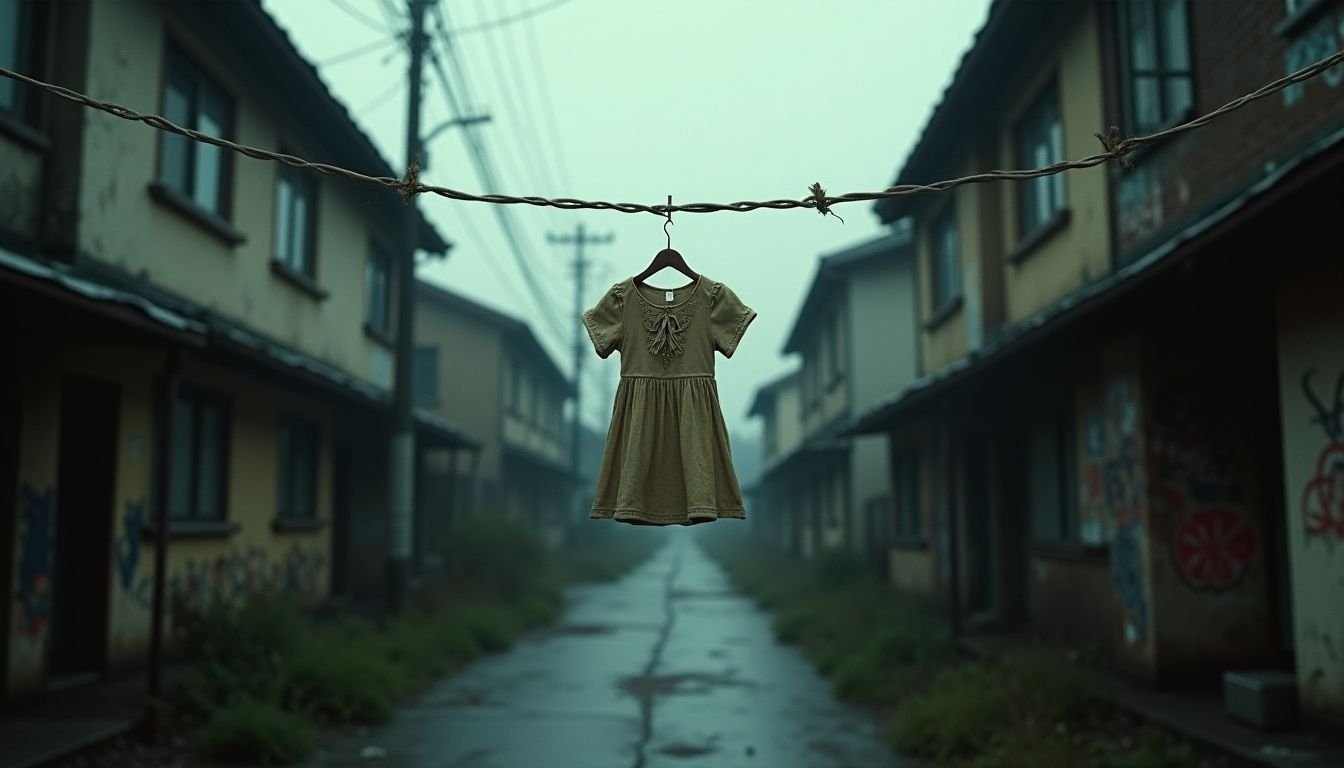Table of Contents
In the realm of psychological horror, few titles resonate as profoundly as Silent Hill f. This latest entry explores the complex tapestry of societal expectations and pressures faced by a young girl in 1960s Japan. The game expands the franchise’s narrative scope and amplifies its emotional depth, solidifying its place as a standout in the series.
As players venture into the haunting world of Silent Hill, they encounter a narrative that is both unsettling and relatable. By centering on the protagonist’s struggles against societal norms, the game transcends traditional horror, becoming a reflection of real-life anxieties that many can identify with.
The significance of social horror
At its core, Silent Hill f exemplifies the genre of social horror, delving into the psychological impacts of societal pressures. The game captures the essence of the era, portraying a time when traditional values dictated personal choices. This backdrop sets the stage for an exploration of how these pressures can distort an individual’s psyche.
Reflecting societal norms
In 1960s Japan, stringent expectations surrounding gender roles serve as a poignant commentary on the protagonist’s journey. The narrative illustrates how the weight of societal judgment can lead to profound isolation and despair. As players navigate eerie landscapes and confront nightmarish manifestations of fear, they witness the protagonist grappling with her identity in a world that seeks to define her.
The haunting atmosphere of Silent Hill f is enhanced by its meticulously crafted setting, which mirrors the internal turmoil of the main character. The environment functions not only as a backdrop but also as a character in its own right, embodying the societal pressures that suffocate the protagonist. This design choice allows players to feel the weight of expectations as they traverse the fog-laden streets.
Psychological depth and emotional resonance
One of the standout elements of Silent Hill f is its ability to weave a deeply psychological narrative. The game transcends conventional horror by probing into the mental states of its characters. The protagonist’s struggles are punctuated by manifestations of her fears, depicted through chilling imagery and unsettling scenarios.
The role of the therapist
An intriguing aspect of the game is the inclusion of a therapist character who guides the protagonist through her emotional landscape. This figure serves as a conduit for exploring the psychological ramifications of societal pressures. Players confront uncomfortable truths about conformity and mental health, highlighting the importance of seeking help in a society that often stigmatizes vulnerability.
The therapist’s insights provide players with a framework to understand the protagonist’s plight. Through dialogue and shared experiences, the therapist emphasizes self-acceptance and the dangers of succumbing to external expectations. This relationship adds complexity to the narrative, reinforcing the idea that social horror is not only about fear but also about understanding and healing.
A resonant experience
Silent Hill f stands as a testament to the power of social horror. It captures the essence of a time marked by rigid expectations and highlights the psychological toll these can exert on individuals. By skillfully blending horror with social commentary, the game invites players to reflect on their experiences and the societal norms that shape their lives.
As players immerse themselves in this haunting world, they confront personal fears while engaging with larger societal issues. The emotional resonance of the narrative ensures that Silent Hill f will leave a lasting impact, making it a memorable addition to the franchise and a profound exploration of the human condition.


